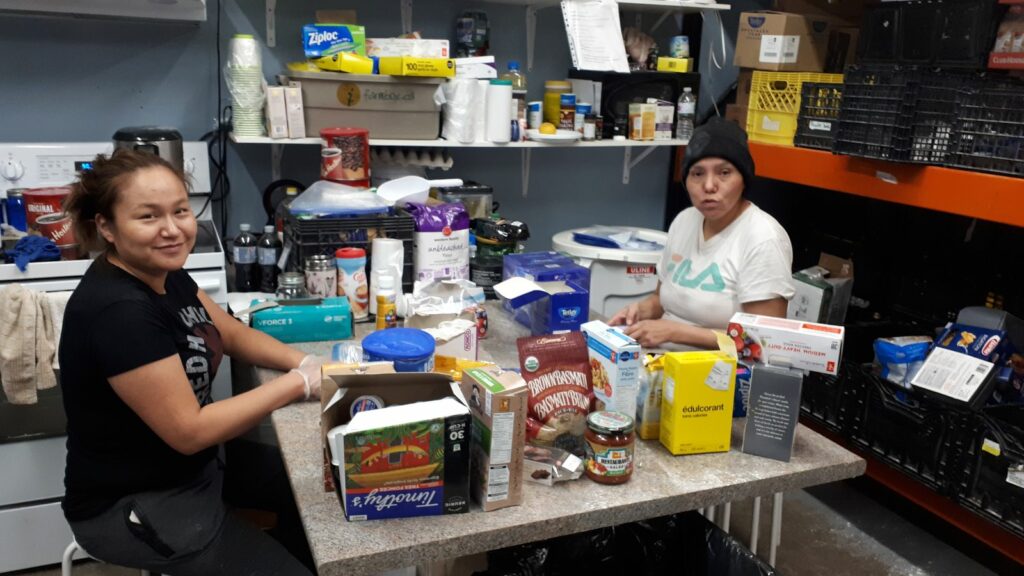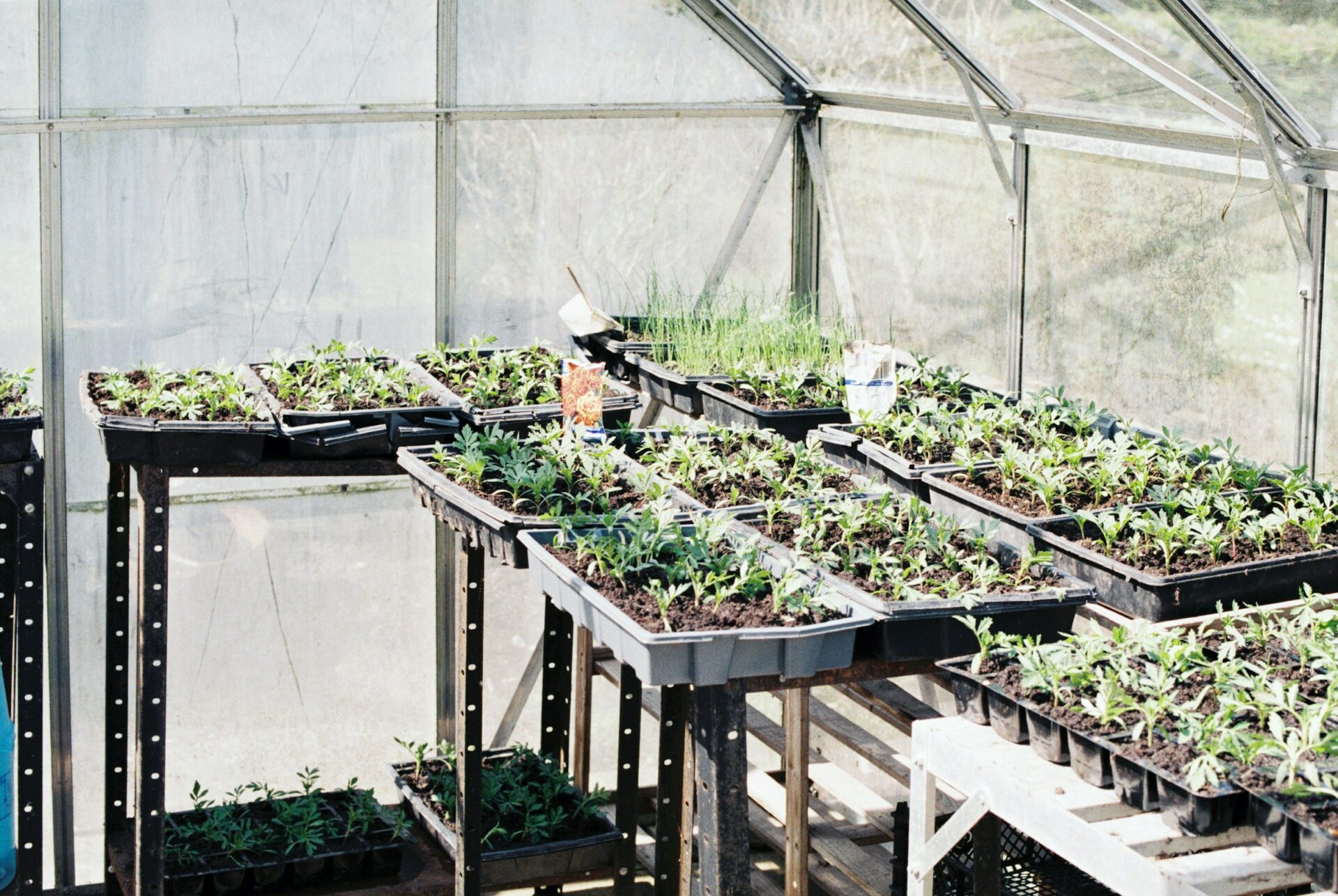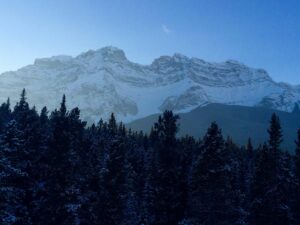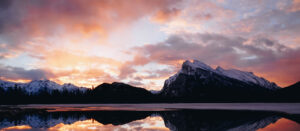


The Nakoda people lived what is referred to in history as a nomadic way of life. The Creator called these people from the forests, the prairies, the valleys, the foothills, the mountains, the lakes, the rivers, and springs: “Come, my children, anyone who is hungry, come and eat from the fruits and gather from the abundance of this land. Come, everyone who thirsts, come and drink pure spring waters that are especially provided for you.” The Nakoda have been especially connected to the natural world and attune to what the Creator has spoken life and truth into, within, above and around us. They have been faithful guides in this for many who have chosen to nurture relationships with them and call them friends. As we know, through the challenges brought on by cultural hubris, much of this tradition has been lost or underrepresented – even to them to this day.
In the oral tradition of the Stoney Nakoda people, it is believed that the Alberta Mountains and the foothills were their traditional lands immemorial. Others think that the Nakoda people are closely related to the Sioux of the mid-continent and as a result of early settler pressures moved westward in the 1600s to maintain their traditional, communal way of life. This large group of Nakoda people came to be known as ‘Stoney’ by the settlers because of their use of heated stones to cook meals.
By the 1800s the ‘Stoney’ Nakoda First Nation made a decision to form three separate bands with separate leaders within this one Nation: the Wesley (Goodstoney), Chiniki (Chiniquay), and Bearspaw nations became the Stoney Nakoda Nation we know today. At one time they inhabited mass areas of land from Montana to what we now consider Northern BC/AB/Sask borders and beyond. As a result of the signing of Treaties (specifically Treaty 7) they were encapsulated in a small portion of land just west of Cochrane AB called Morleyville (now legally called by the traditional name of Mini Thni). It wasn’t until the mid 1940s that a five-thousand-acre ranch on the Highwood River was purchased and formed the Eden Valley Reserve for some members of the Bearspaw band. A year later another five-thousand-acre portion of land in the Kootenay plains was set aside for the Wesley (Goodstoney) band and named the Bighorn Reserve.
There were many reasons why the Stoney Nakoda’s vibrant way of nomadic living was affected and still to this day they continue to struggle. Together, the three bands operating as one Nation seek to support one another in whatever way they can. Alongside the care of those who honour them, they hope one day is a return to a healthier, whole way of life which the Creator gives in abundance.
